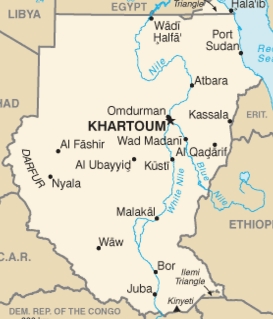While the eyes of the world are on Darfur, another crisis in Sudan looms. On Jan. 9, 2005, the Comprehensive Peace Agreement (CPA) between North and South Sudan ended a 23-year civil war and initiated a six-year interim period of peace. With less than four years remaining in that period, the prospect of a sustainable peace is fading. True leadership is urgently needed to build the trust required to create a shared political future for the country. It is positive that the word "peaceful" can still be used to describe North-South relations. Their battles have moved from the fields to the working groups of the committee that monitors CPA implementation. Given Sudan's long history of broken peace treaties, this is no small feat. However, from a viable road towards a federated Sudan, the CPA seems increasingly to be turning into a temporary cease-fire. Stalled or even halted implementation of key provisions of the peace agreement (such as the division of oil revenues, power sharing in the central government and settlement of boundary issues) support this perspective. In January, Salva Kiir, president of South Sudan, and Omar Bashir, president of Sudan, recognized the danger for the first time in their public statements at the commemoration of the second anniversary of the peace agreement in Juba. Kiir's speech in particular provided a rousing wakeup call.
North and South Sudan: A Tough Road Toward Lasting Peace

